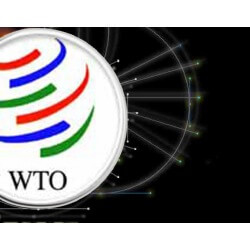The current dispute between India, Brazil and the WTO is a good reminder that shipping goods through countries where patents exist can be problematic, even if the goods are manufactured and used in countries where no patent protection exists.
The issue here at hand relates to various Indian pharmaceutical manufactuers producing generic copies of patented drugs and then shipping these (via Europe) to South American countries such as Brazil.
Patent protection for the drugs is not present in India or South America, but it is present in Europe. Since patent law allows a holder to prevent imports of infringing articles, the patent owners have tried to stop the transit shipping. In this case, the patent issue is straight forward in that Europe does not offer a ‘safe harbour’ for the transit of patented copies. But this particular case also has many issues in favour of the Indians and South Americans that go well beyond the legal issues – specifically, the need to treat people in poor and developing nations who are being prevented by the so-called ‘rich and greedy’ pharmaceutical companies.
As this article describes, the issue has been elevated to the WTO and it will be interesting to see whether the WTO will follow existing patent law, whether they will allow a safe harbour provision allowing transit though patent countries or whether they will dilute patent holder rights further by allowing something more radical such as something more than just transit.






